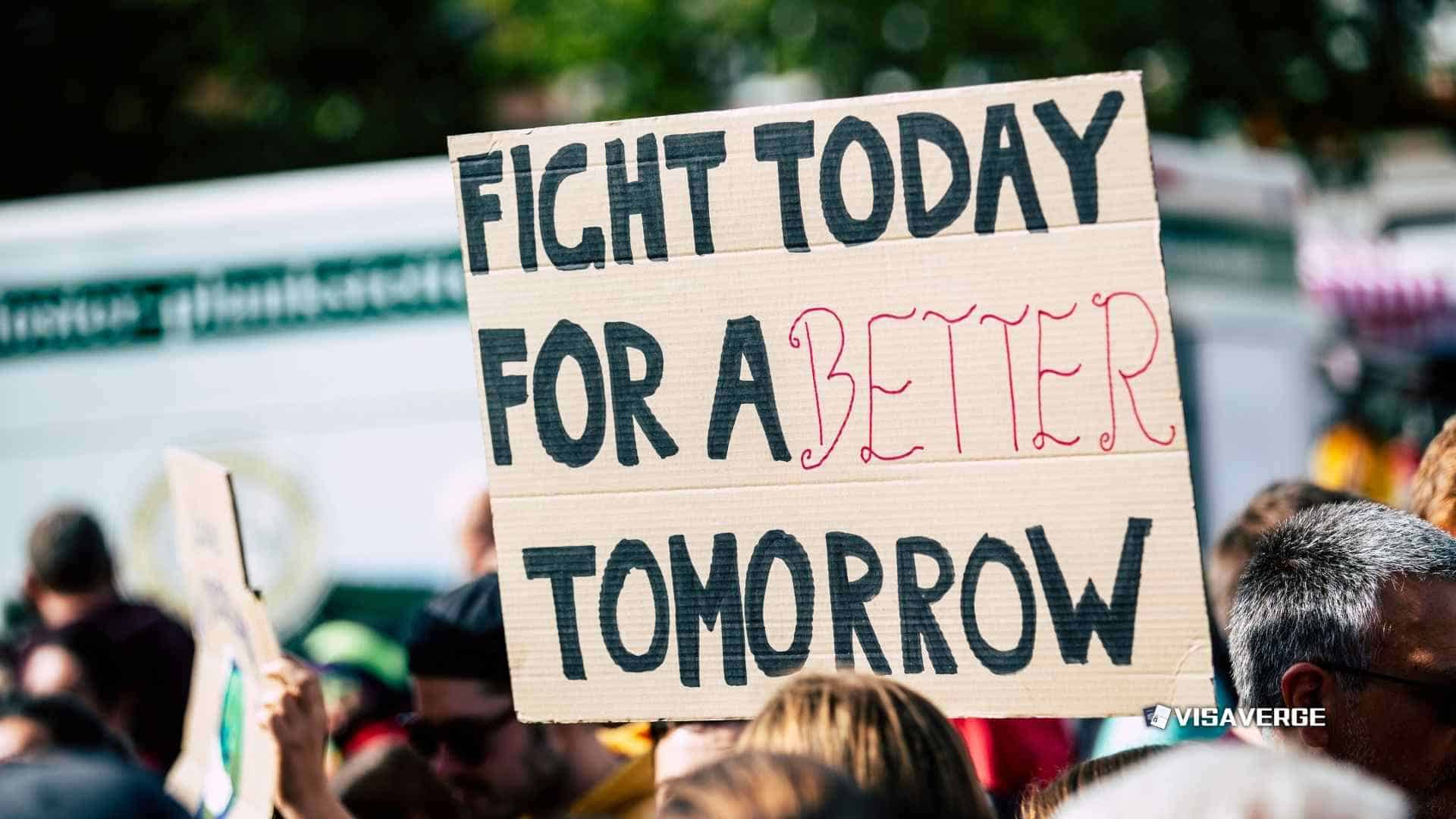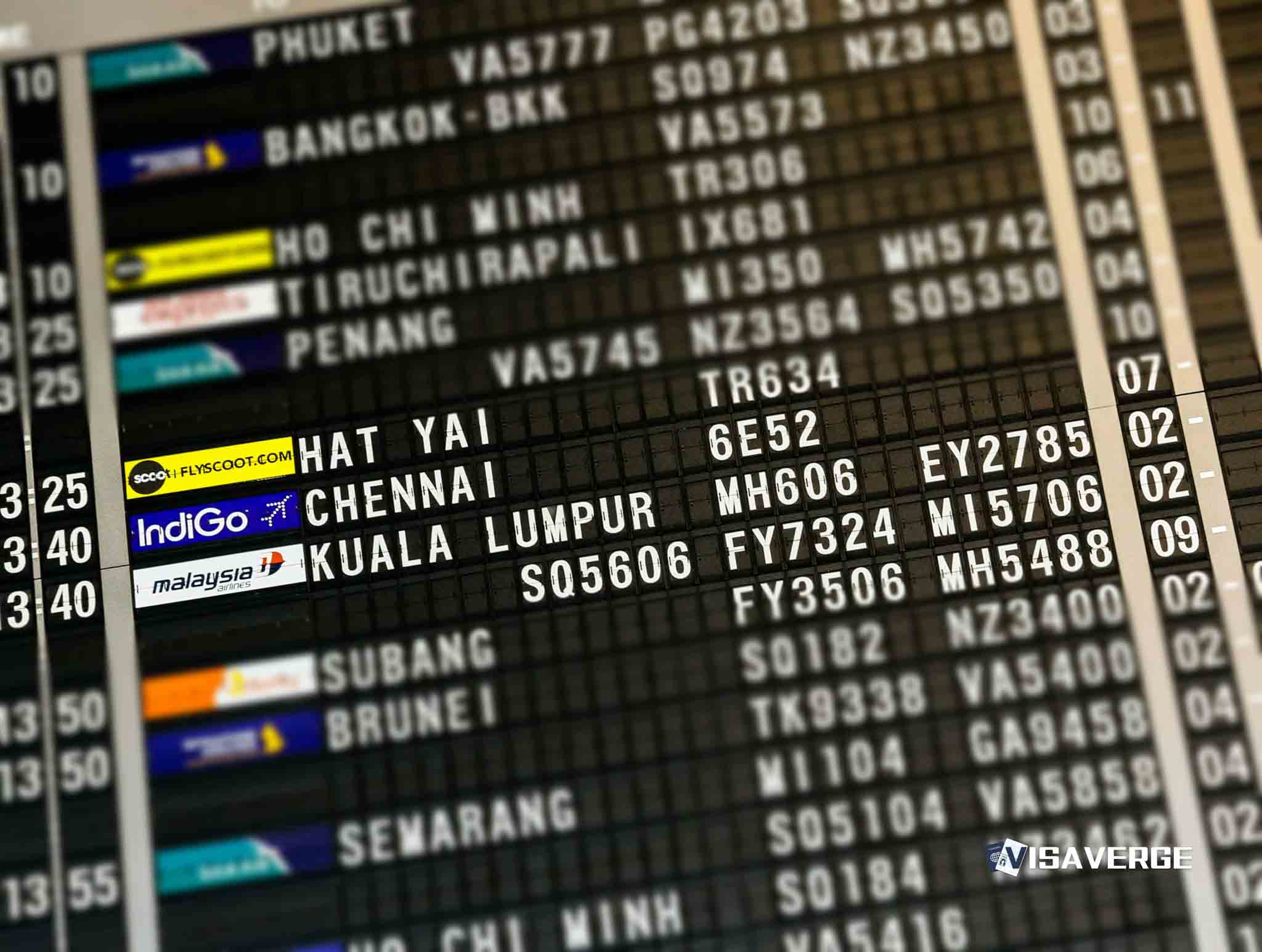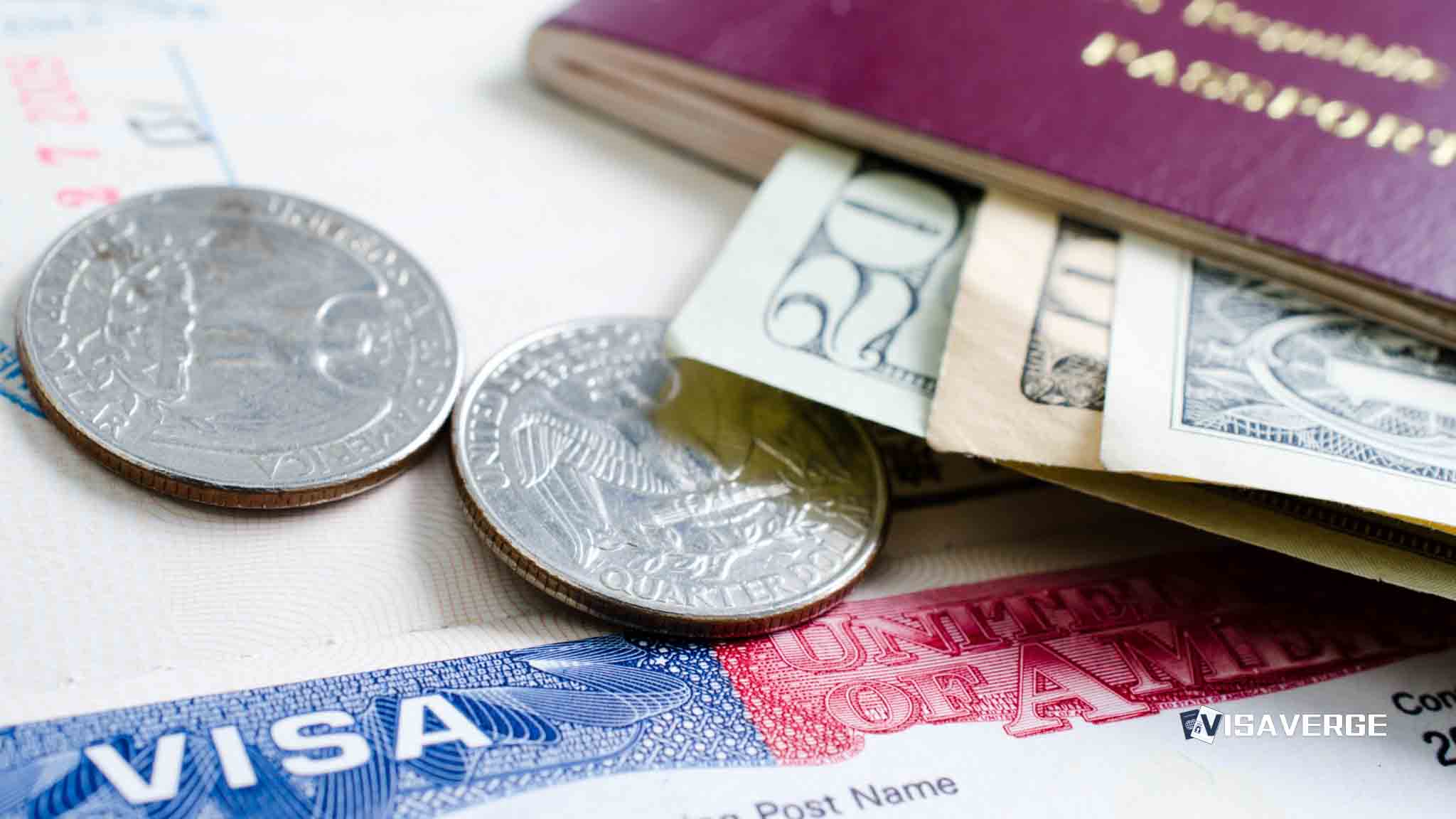Tourists and local beachgoers were filmed pushing a migrant boat back into the water at Sarakiniko beach on Gavdos, Greece’s southernmost island, in a scene that has jolted Europe’s migration debate and underscored Athens’ tougher line. The Gavdos incident occurred on or just before September 16, 2025, after a vessel reportedly coming from Libya attempted to land on the popular beach. Witness clips spread quickly online as voices told the passengers to “have a good trip back.”
Local reports say the group on board did not disembark at Sarakiniko beach and was later redirected toward the island’s port. Authorities have not reported injuries from this episode, but the images sparked condemnation from humanitarian groups and applause from some residents who say arrivals through Crete and Gavdos have jumped this year. The video became a flashpoint for Greece’s new policies, which suspend asylum for certain arrivals and mandate arrests at the shoreline.

New measures and the legal framework
The timing is not an accident. In early September, the government of Prime Minister Kyriakos Mitsotakis froze new asylum claims for three months for people arriving from North Africa, including Libya. Officials ordered police and coast guard units to arrest such arrivals immediately after landing and to prioritize removals.
Under the new law passed in September 2025:
– Undocumented migrants from designated “safe” third countries who are not entitled to asylum face detention for at least 24 months.
– Fines can reach up to €10,000.
– The Ministry of Migration and Asylum expanded sea patrols and backed a stronger fence at the northern land borders.
– Authorities promoted more deportation flights to Pakistan, Bangladesh, and Egypt, with hundreds removed since July, according to government figures.
The government says these steps aim to break the Libya-to-Crete/Gavdos route, deter smugglers, and protect local communities.
Enforcement rhetoric and political reactions
Migration Minister Thanos Plevris framed the approach bluntly: “The rights of Greeks who want to protect their country outweigh the rights of someone whose asylum was rejected and was staying in Greece illegally.”
The Deputy Mayor of Chania, Elena Zervoudaki, added that people arriving from places such as Egypt and Bangladesh, where there is no war, “will be arrested.” Supporters argue firm rules deter dangerous journeys and ease the strain on communities that face repeated landings.
Human rights organizations and the UN refugee agency counter that the crackdown risks blocking people who may qualify for protection. They warn that blanket measures, together with images like the Gavdos incident, send a message that may push vulnerable families back to sea without proper review. Lawyers note that suspending access to asylum and pushing boats away could clash with European standards and the 1951 Refugee Convention, exposing Greece to legal challenges and EU scrutiny.
“Blanket measures and pushbacks risk returning people to danger,” say humanitarian advocates and legal experts.
The incident on Sarakiniko beach: details and symbolism
What happened on Sarakiniko beach distilled these tensions into a single frame: locals and tourists in waist-deep water, hands on a hull, pushing the migrant boat away from the sand. Some residents defended the act as self-protection, saying they fear more landings on a small island with few services.
Others — including several local politicians — voiced discomfort with the act itself and with scenes that resemble the pushbacks condemned by humanitarian groups. Officials said the passengers were later steered toward the port, where police can control arrivals. The government insists it does not condone vigilante actions and says state forces alone should handle migrant landings. Still, the viral video has been used by different sides to argue either for stronger deterrence or for safeguards that ensure people can request protection.
Human toll, numbers, and tragedies at sea
The UN Refugee Agency (UNHCR) and rights groups emphasize that those on the move include both refugees and people seeking work. They argue for fast-track screening to sort claims quickly and fairly. Without such screening, they warn Greece risks returning people to danger and closing doors that international law keeps open.
Key numbers and incidents:
– Between January and March 2025, more than 8,000 people reached Greece by sea and 755 by land (UNHCR).
– Later in 2025, arrivals from Libya via Crete and Gavdos increased, prompting tighter enforcement.
– Multiple shipwrecks cost lives in 2025, including at least seven deaths near Lesbos and two near Farmakonisi.
– Frontex is reviewing a dozen cases of possible rights violations linked to Greek operations.
These figures and tragedies help explain the sense of urgency behind the government’s shift.
Policy impacts: detention, returns, and EU scrutiny
The law now on the books:
– Detention for at least 24 months for people from countries labeled safe who cannot claim asylum.
– Fines up to €10,000 for such cases.
– Increased deportation flights and expanded sea patrols.
Critics argue:
– Large-scale detention is expensive, hard to manage, and risky for people with fragile health.
– Fast screening combined with lawful returns could meet security goals without narrowing protection.
– Images of citizens confronting boats may normalize actions that the law reserves for state authorities.
EU institutions are watching. The border agency (Frontex) is reviewing 12 alleged violations, and any findings against Athens could trigger legal consequences or political pressure at the European level.
Local effects: tourism, community strain, and operational changes
For travelers and businesses on Crete, the stakes are practical and immediate. Tourism operators fear scenes like Sarakiniko beach could deter families seeking calm holidays. At the same time, several locals say they feel abandoned when small islands face repeated arrivals without extra resources.
Operational responses include:
– More patrol boats and checkpoints around Crete and Gavdos.
– A preference to steer boats away from casual public spaces and toward controlled ports.
– Centralized decisions on where migrant boats should dock so police can process people calmly and prepare quick returns.
The government argues that stronger patrols save lives by intercepting weak boats and guiding them to controlled docks while breaking smugglers’ business models.
Legal and reputational risks
Policy analysts and legal scholars warn of friction between border-control goals and humanitarian obligations. They suggest:
– Courts could test the three-month suspension of asylum and tactics resembling pushbacks.
– Reputational costs may follow if violations are confirmed.
– If arrivals continue, deterrence may be seen as failing; if they fall, supporters will credit the suspension and penalties.
VisaVerge.com analysis ranks Greece’s approach among the strictest in the EU, focused on deterrence and rapid removal rather than reception or integration.
What’s next
What happens next depends on:
1. Arrival numbers in the coming weeks and months.
2. Decisions and findings from EU bodies reviewing alleged violations.
3. Legal challenges that may reach European courts.
If arrivals fall, government supporters will point to the policy’s effectiveness. If boats keep coming, critics will argue deterrence failed and that the approach risks legal and moral blowback.
For official updates, the Ministry of Migration and Asylum posts announcements and legal changes on its website. The latest measures, including the three-month halt on new asylum submissions for arrivals from North Africa and the detention and fines rules, are available here: Greek Ministry of Migration and Asylum.
Both sides of the debate now watch the horizon closely — balancing public order, humanitarian obligations, legal limits, and the human cost of crossings.
This Article in a Nutshell
A viral clip from Sarakiniko beach on Gavdos on or before September 16, 2025, showing locals and tourists pushing a migrant boat back to sea, has sharpened debate over Greece’s tougher migration policies. In early September the government suspended new asylum claims from North Africa for three months and enacted laws allowing detention for at least 24 months for migrants from designated ‘safe’ countries, fines up to €10,000, expanded sea patrols, and more deportation flights. Authorities say the measures aim to deter smugglers and protect communities. Humanitarian groups and legal experts warn the actions risk unlawful pushbacks, potential violations of the 1951 Refugee Convention, and EU scrutiny by agencies including Frontex. Key figures: over 8,000 sea arrivals between January–March 2025, multiple deadly shipwrecks, and a dozen Frontex reviews of possible rights violations. Outcomes will depend on arrival trends, EU investigations, and legal challenges.







